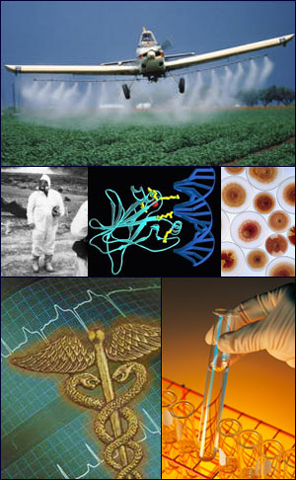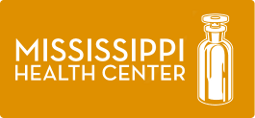What is Environmental Medicine?
Environmental Medicine is the diagnosis and treatment of chemical and toxin exposures. It has become a major topic in healthcare because we commonly come into contact with toxins such as heavy metals, solvents and pesticides in our daily lives. The human body has never before had to deal with as many chemicals. As we discover their presence in our air, food and water we are just starting to understand the effects on our physiology. Increasingly the accumulation of pollution inside our bodies, is correlated to a wide spread of human diseases such as increased chemical sensitivities, food allergy, autoimmune disease and cancer to name a few.
How might you be affected? It is a surprise to no one that toxins from chemicals and pesticides are affecting our health. Organic produce, filtered water and hypoallergenic hygiene products are a part of nearly every consumer’s vocabulary. But you may not know about the exposures that poison your body in your daily life. There are many chemical and toxin exposures related to our workplace, living environment and our hobbies. Mercury for instance is commonly found in seafood, the metal amalgams in our teeth, and is an ingredient in many vaccines and household cleaning products (such as Dove, Ivory, Comet and Ajax).
What are the symptoms? Common symptoms of chemical and toxin exposure include fatigue, headaches and difficulty concentrating. Exposures have also been correlated to many types of allergies, dermatitis and digestive complaints as well.
How do you test for chemical and toxin exposures? Solvent, acute heavy metal exposure and many other chemical exposures are typically tested through blood samples. Chronic exposure to heavy metals is usually tested in hair or urine analysis. With urine analysis, a provoking agent called a chelator (DMSA, EDTA or DMPS) is used to bind to heavy metals and carry them safely out of the body. Using a chelator/ urine test is the preferred method for evaluating chronic heavy metal exposure.
What is the treatment for chemical and toxin exposure?Once an exposure has been identified, the treatment involves avoidance and elimination support. Instructions are given on how to make choices in your diet and lifestyle routines that both avoid further toxin exposure and assist the body’s ability to detoxify itself. Other treatments involve nutrient support, sauna, colonic irrigation and chelation therapy.
Dr. Ilsley is certified in IV nutrient therapy, chelation therapy and environmental medicine


